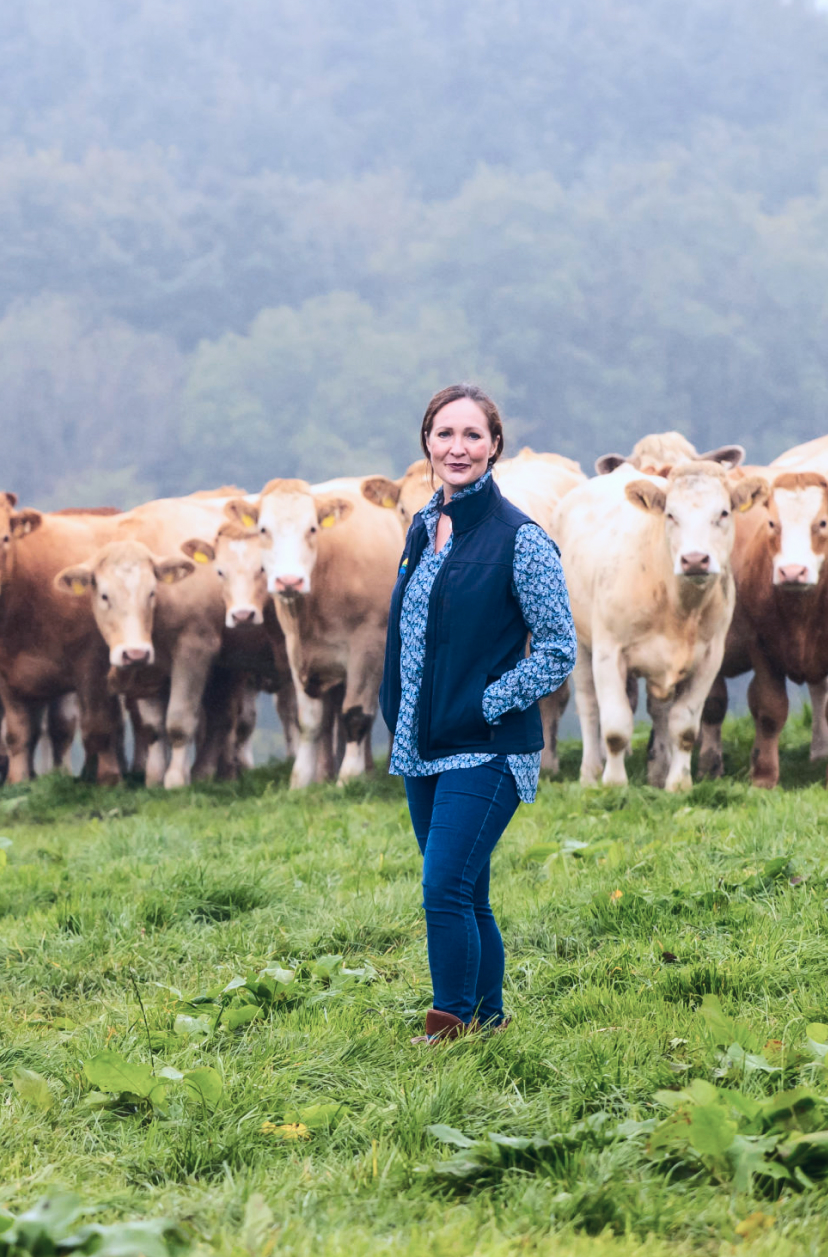In the UK and Ireland, grass is the primary component of our livestock’s diet and cattle convert this plant protein into highly nutritious, naturally produced protein, which is rich in essential vitamins and minerals. Grassland accounts for approximately 80% of Ireland’s agricultural area, and our annual grass growth rate exceeds the EU average by a third, driven by our temperate climate and large volume of rainfall. In the UK over 60% of agricultural land is unsuitable for growing arable crops and if not grazed by livestock would be excluded from the food supply chain.
As signatories to the UK Soy Manifesto, the collective goal is for all soya entering the UK to be from deforestation and conversion free sources by 2025

Our Approach
We work with farmers to enhance their knowledge on different varieties of grass, multi-species swards and clovers, measuring tools and management techniques, from rotational to multi-paddock grazing systems.
In some cases, animals’ nutritional needs and weather conditions may result in farmers feeding concentrate rations to livestock. These rations may include soya, and the amount of soya contained in animal diets will vary hugely between feed manufacturers and the finishing stage of the animal.
Expanding soya production is driving deforestation and conversion of native vegetation in other parts of the world, depleting biodiversity, increasing emissions, altering natural water systems and damaging human health.
Considerable efforts have been made to halt deforestation through environmental legislation such as the Brazilian Forest Code and through sectoral agreements such as the Amazon Soy Moratorium and more must be done to protect forests, savannahs and other eco-systems. We are signatories to the UK Soy Manifesto and members of the UK Roundtable on Sustainable Soya, working with industry, importers, traders and manufactures, to identify opportunities for improvement. The goal is for all soya entering the UK to be from deforestation and conversion free sources by 2025.
Latest industry reports from show the usage of soya in cattle and sheep diets in the UK and Ireland is relatively low as animals are raised on predominantly grass fed diets, and the UK imports less than 1% of global soya consumed. Data provided by soya traders through the Agricultural Industries Confederation and the UK Roundtable on Sustainable Soya shows that 62% of UK soya consumption is either covered by a certification standard, has been produced in compliance with an Amazon Soy Moratorium contract, or has been sourced from an area at lower risk of deforestation.
We use a small volume of animal feed in our farming projects and feedlots, and purchase Roundtable on Responsible Soya, or RTRS Credits, which ensure soya has been produced sustainably with zero deforestation and conversion of native vegetation, and in compliance with high social and human rights standards.
We report progress annually to the UK Roundtable for Sustainable Soya, 3Keel and CDP Forests Questionnaire.
Our Progress so far
Read our latest Sustainability Report to learn more about the actions we have taken so far on the journey to a better future.